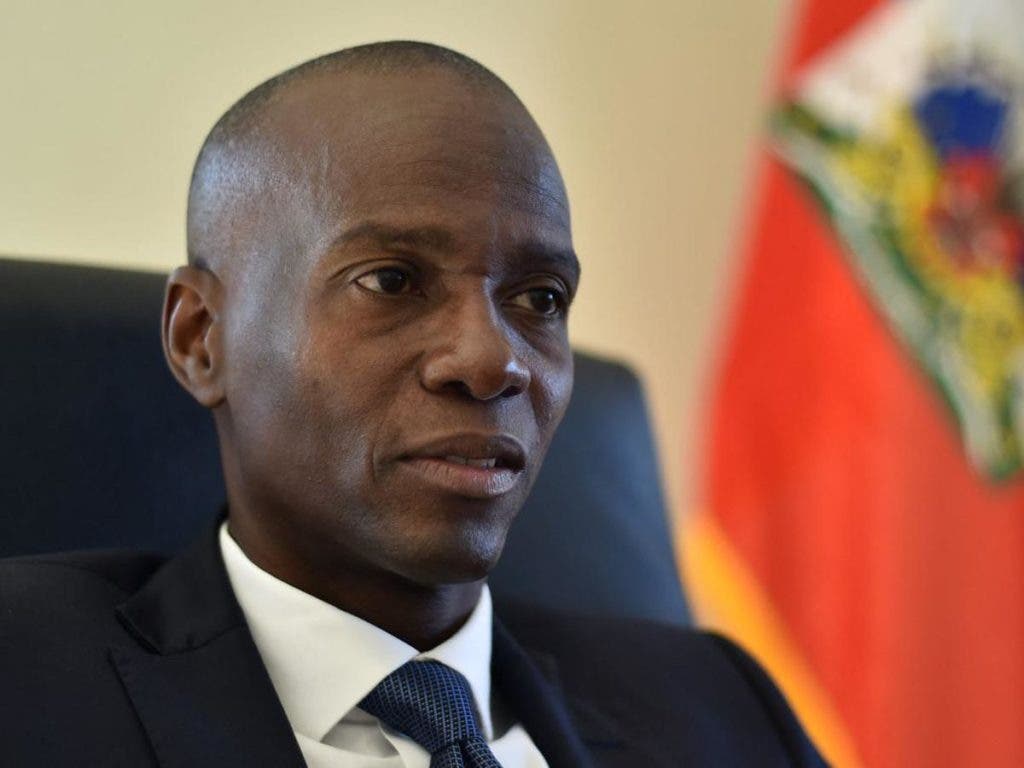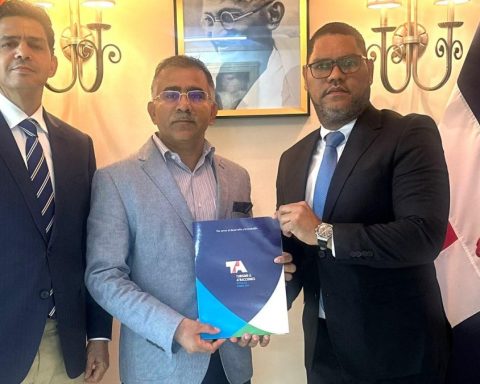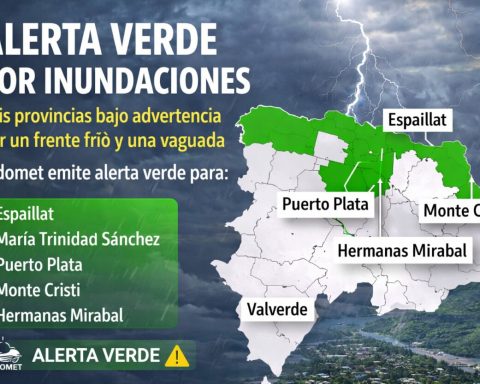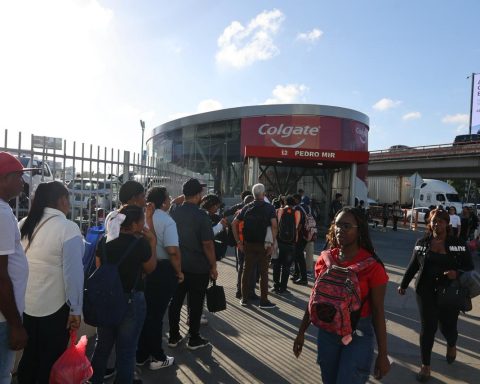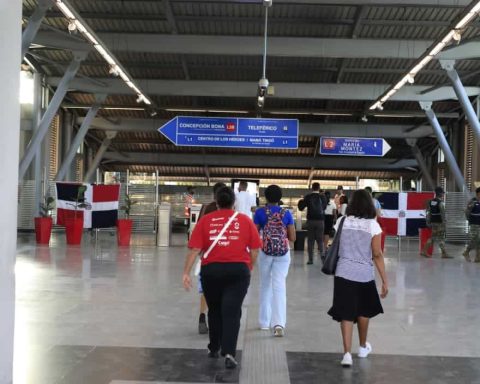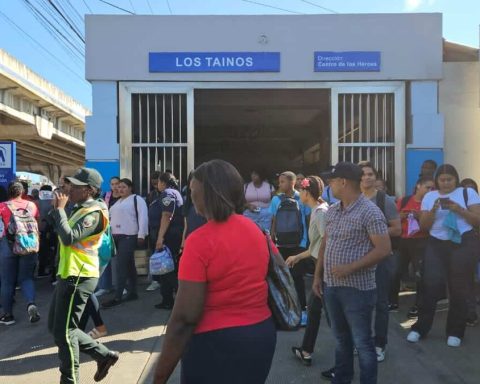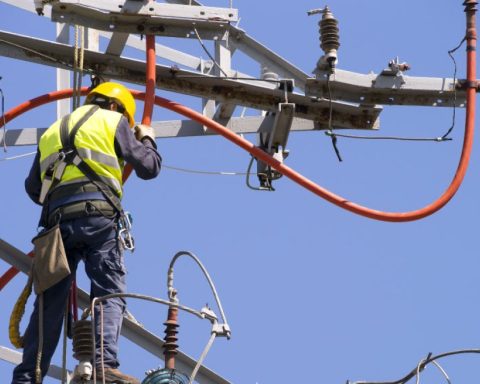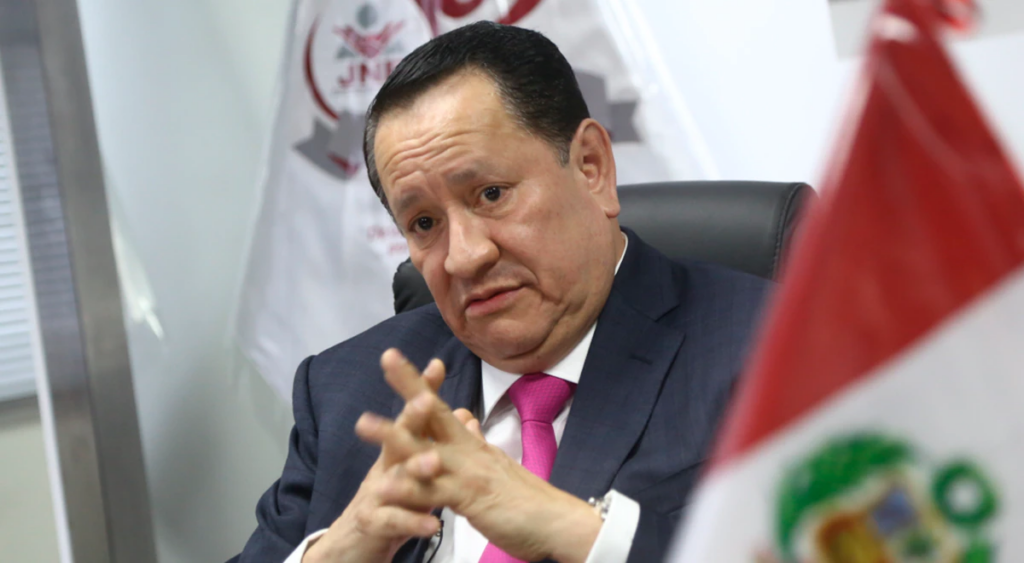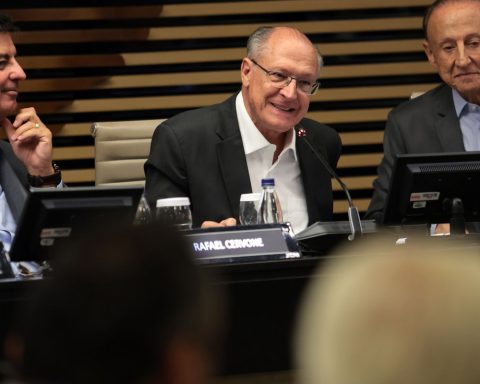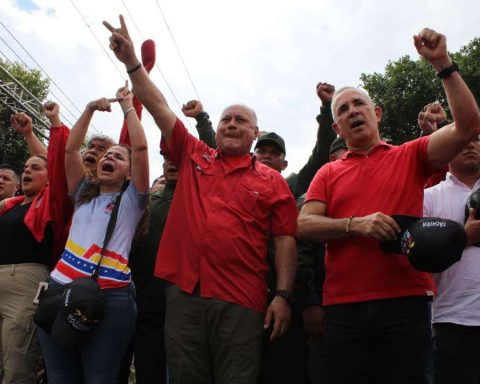Port-au-Prince, (EFE).- One year after the assassination of Haitian President Jovenel Moïse, there are hardly any certainties about the planning, financing and execution of the assassination, which has exacerbated the crisis that the country has been experiencing for decades.
The investigation seems to have practically stalled since the first arrests of members of the commando that raided the president’s home in Port-au-Prince in the early hours of July 7, 2021, without encountering opposition from his security forces, while Moïse’s entourage affirms that those responsible they are still loose.
Both Moïse’s family and the Prime Minister, Ariel Henry, have requested help from the United Nations in the investigation of the assassination, which remains deadlocked despite the arrests, raids, seizures and other actions carried out in relation to the assassination. case.
DOZENS OF DETAINEES
The Haitian authorities have arrested more than 40 people for their alleged involvement in the assassination, including 18 former Colombian soldiers accused of being part of the commando that broke into the president’s residence to end his life, and who have remained in prison since then without the minimal procedural guarantees.
Three other Colombians were killed by the Haitian Police in the hours after the assassination, while some involved remain at large.
You may be interested in reading: Nebula
Also among those arrested is the alleged intellectual author of the assassination, the doctor Emmanuel Sanon.
In addition, there are three suspects involved in the murder who are in the hands of US justice, the first of which is former Colombian military officer Mario Antonio Palacios, 43, who came to the US voluntarily after his arrest on an air layover in Panama. .
The 49-year-old Chilean nationalized Haitian citizen Rodolphe Jaar, arrested in January in the Dominican Republic, also traveled to the United States of his own free will.
The third is former Haitian senator John Joel Joseph, 51, extradited from Jamaica and charged with conspiring to commit murder or kidnapping outside the United States and providing material support to the conspiracy resulting in death.
In addition, businessman Samir Handal, who is still in that country and who is also identified as a participant in the conspiracy to kill Moïse, was arrested in November in Turkey.
Among the first detainees after the assassination were several members of the Haitian security forces, who have not been reported again and, recently, the National Police requested the dismissal of 33 agents and that another three be prosecuted for their alleged involvement in the assassination of the president.
JUDGES PARADE
Until now, five judges have been in charge of the open case in Haiti for the assassination without making progress in the investigation of the case for different reasons.
Judge Alter Wesser Voltaire, currently responsible for the investigation, was preceded by magistrate Merlan Belabre, who did not even start the investigation “as he did not have the physical file and the means to proceed with the acts of investigation” after replacing the magistrate Chavannes Etienne.
Before he took charge of the case, the investigating judge Garry Orélien, who withdrew from the process in January alleging personal reasons, days after an NGO denounced him for alleged corruption.
The first judge appointed to instruct the judicial investigation of the president’s assassination was Mathieu Chanlatte, who resigned five days after his appointment, alleging personal reasons. The magistrate could not surround himself with the necessary security conditions to undertake an investigation of this magnitude.
Nor is the first prosecutor in charge of the process, Bel-Ford Claude, still in the case, after Henry dismissed him for opening an investigation as a defendant, despite the fact that he was not empowered to do so, as this is a function that falls to about the trial judge. In his place is Frantz Louis Juste.
SENSATION OF IMPUNITY
The widow, Martine Moïse, has denounced on multiple occasions that those responsible for her husband’s death are still free.
Similar are the reflections of Ariel Henry in this regard – “I have the unpleasant feeling that those who conceived and financed this macabre plan are still running through the streets and are still escaping our judicial system,” he said in a tweet published on June 13.
Former Foreign Minister Claude Joseph was serving as Prime Minister when Moïse was assassinated, to whom he had a close personal relationship, and has criticized on many occasions the stagnation of the investigation process that he blames on the “lack of political will” on the part of The authorities. EFE
